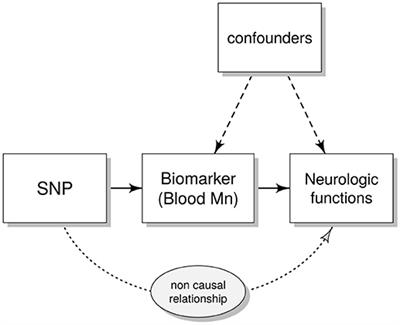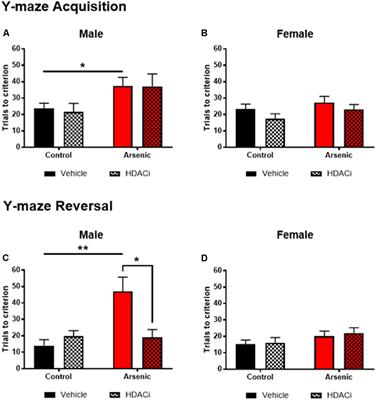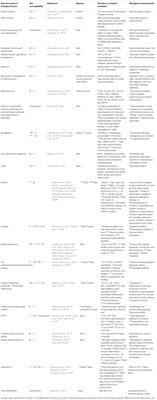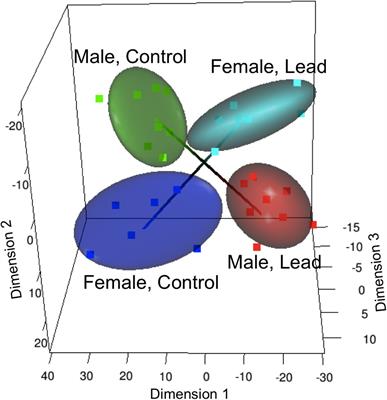EDITORIAL
Published on 05 Mar 2019
Editorial: Sex and Gene-Dependent Neurotoxicity
doi 10.3389/fgene.2019.00165
- 1,416 views
- 1 citation
6,096
Total downloads
29k
Total views and downloads
You will be redirected to our submission process.
EDITORIAL
Published on 05 Mar 2019
ORIGINAL RESEARCH
Published on 20 Dec 2018

ORIGINAL RESEARCH
Published on 27 Jul 2018

ORIGINAL RESEARCH
Published on 15 Jun 2018

REVIEW
Published on 05 Jun 2018

REVIEW
Published on 16 Mar 2018

